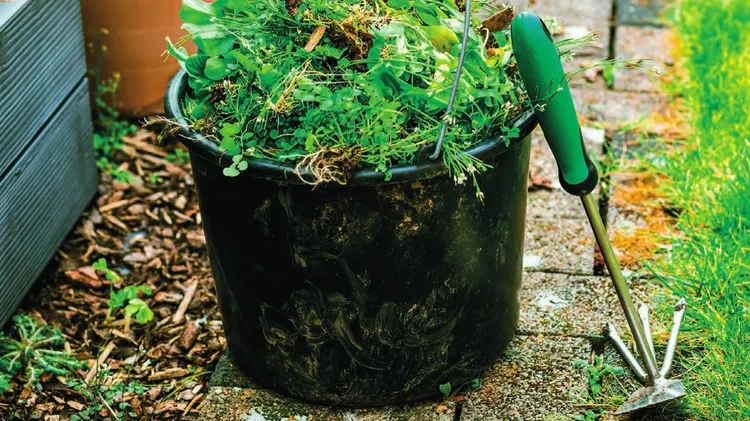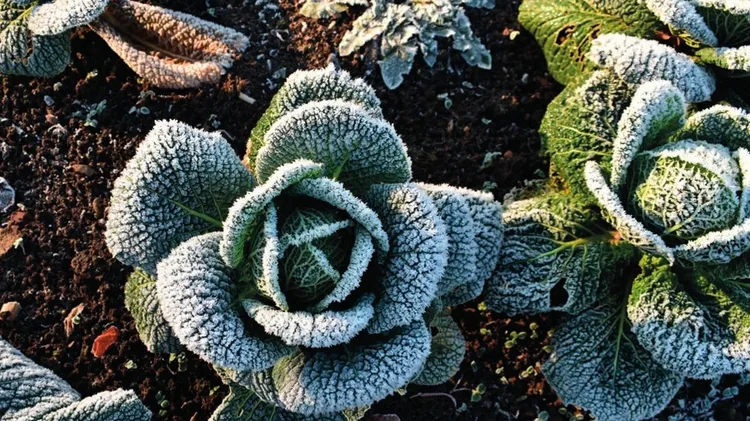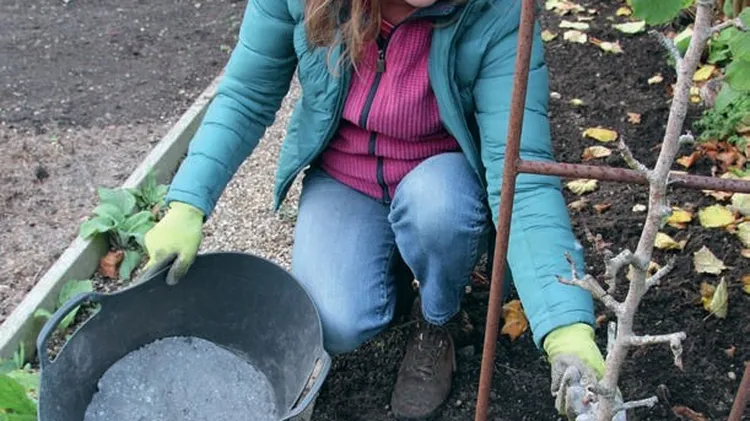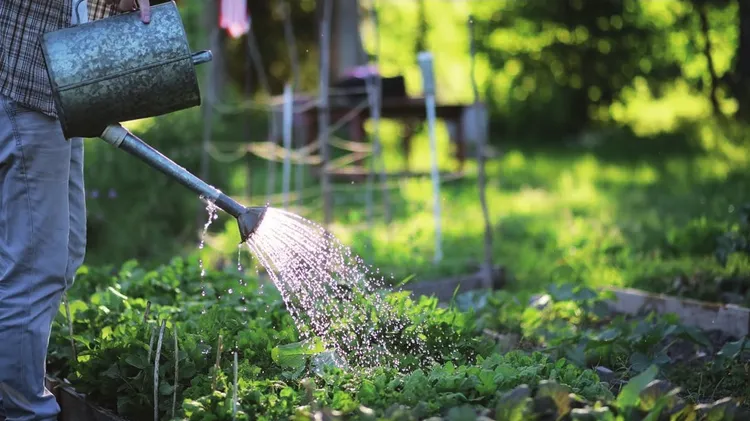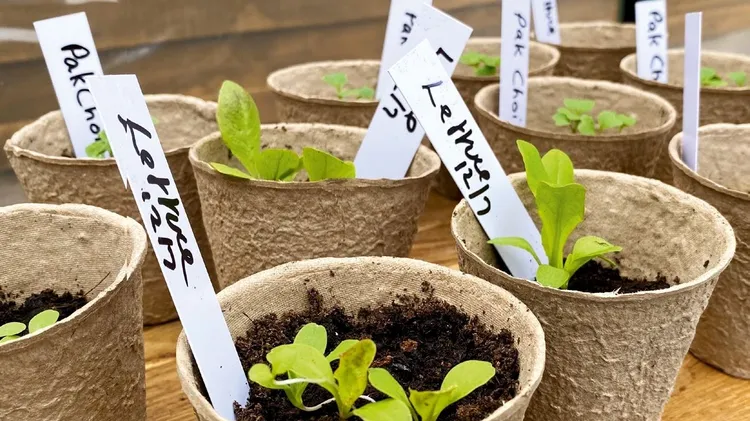We scoured the GYO forum for your questions - here are our answers!
Help!veg patch sos
5 min read
This article is from...
Read this article and 8000+ more magazines and newspapers on Readly

